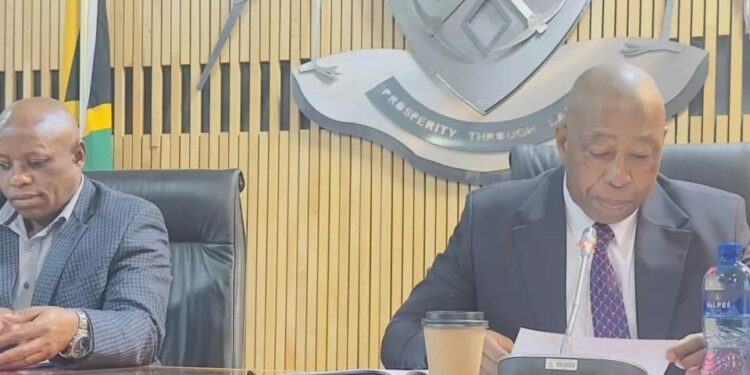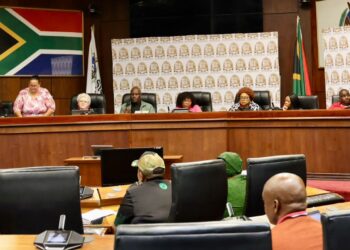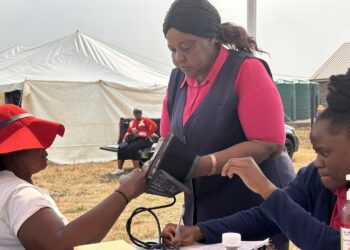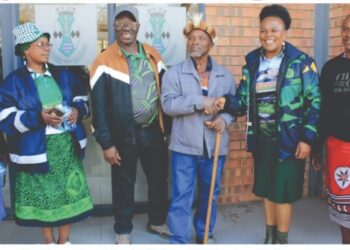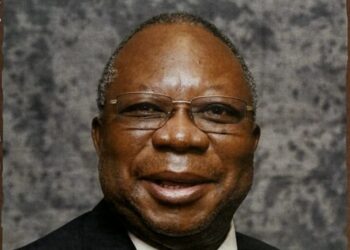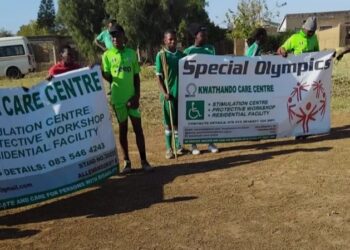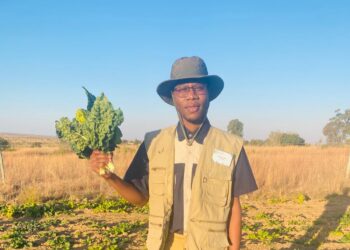MIDDELBURG – The Mpumalanga Department of Human Settlements has closely examined a new initiative known as the Rapid Land Release Programme (RLRP). This took place during a meeting in Middelburg on September 27, 2024.
The initiative, led by MEC for Cooperative Governance, Human Settlements and Traditional Affairs, Speed Mashilo, aims to tackle the housing crisis in Mpumalanga by providing people with the opportunity to access land for the construction of affordable homes.
The Rapid Land Release Programme (RLRP) is designed to assist low- to middle-income families in securing land for residential use. It forms part of community projects intended to create equitable and inclusive living environments.
The programme also works hand-in-hand with the enhanced First Home Finance scheme, which offers financial assistance to first-time homebuyers.
Mashilo explained the initiative’s objectives, stressing the importance of ensuring land ownership opportunities for eligible individuals, especially those from disadvantaged backgrounds. The programme targets individuals earning between R3,500 and R22,000 per month, with a special focus on vulnerable groups such as the elderly and young households.
By working with local authorities and traditional leaders, the initiative aims to promote community development, particularly in rural areas.
During the meeting, attendees discussed challenges related to land availability and infrastructure development. Nkangala District Executive Mayor, Councillor Thomas Ngwenya, expressed confidence in the programme’s potential to drive positive change and encouraged municipalities to engage fully to fast-track approvals. He pointed out that the RLRP is a key tool in addressing the housing shortage, which affects more than 300,000 people in Mpumalanga.
In addition, MEC Mashilo has formed a forum that includes executive mayors and municipal committee members responsible for housing and development, with the goal of improving living conditions across the province.
The forum will continue to engage with key stakeholders, including traditional leaders, to ensure the programme’s success and fairness. Further consultations with local authorities and development partners will follow to finalise the programme’s rollout.
Ultimately, the initiative will require approval from the Executive Council before full implementation can proceed.











